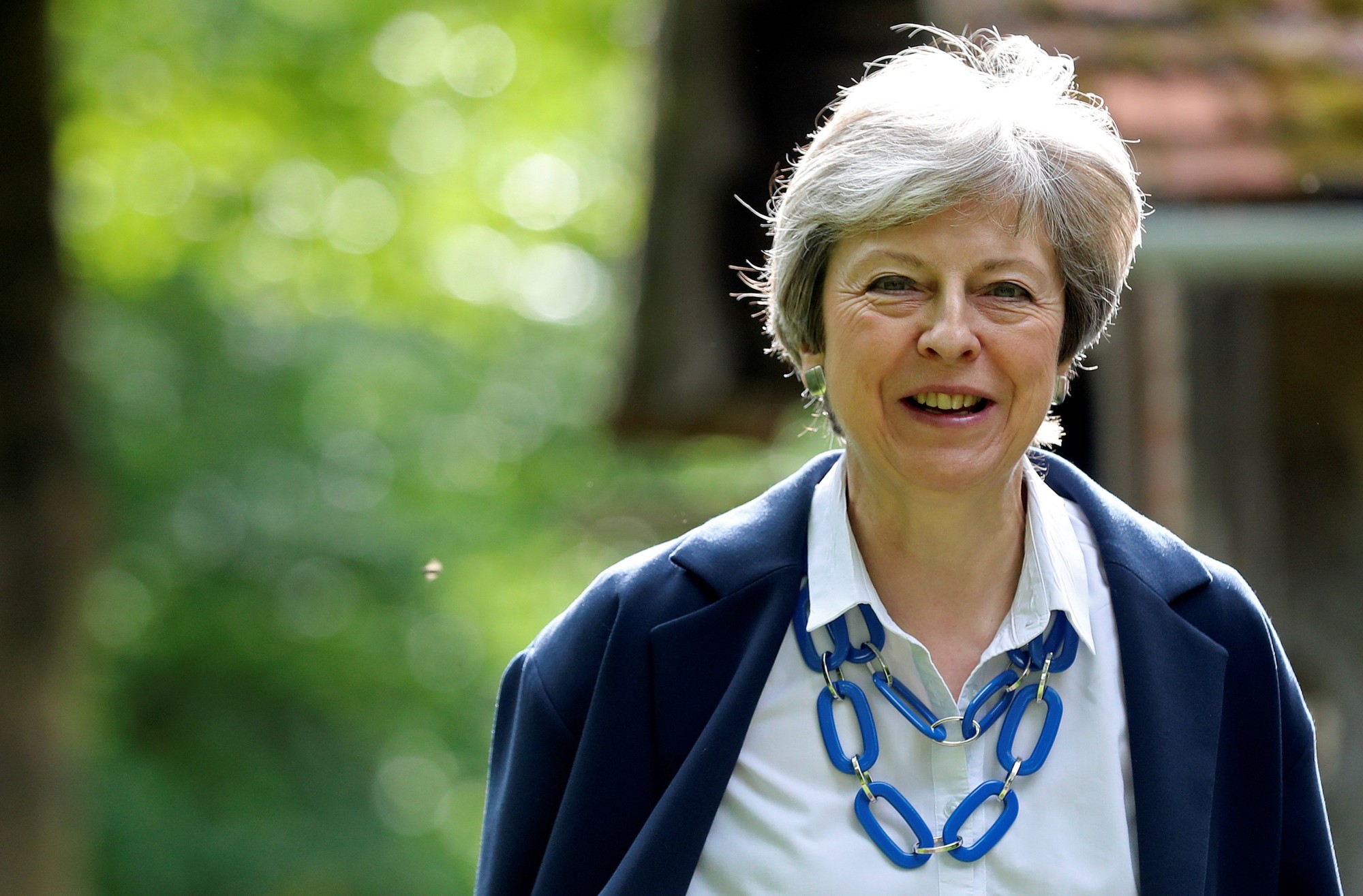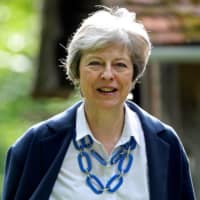U.S. President Donald Trump is in Britain this week to urge the government to keep Huawei Technologies Co. Ltd. out of the country's 5G telecoms infrastructure. And in the race to succeed Theresa May, senior ministers in her government are keen to agree.
With May about to hand over the reins of power, candidates to succeed her now feel free to speak out on issues such as Huawei's role. In that contest, there's no advantage being seen as soft on security.
On Sunday both Home Secretary Sajid Javid and Foreign Secretary Jeremy Hunt offered strong hints that they want to block the Chinese company.
"I would not want any company, whichever country it's from, that has a high degree of control by a foreign government to have access to our very sensitive telecommunications network," Javid told the BBC.
On the question of security, Hunt told CBS: "We'd never take a decision that affected our intelligence sharing capability with the U.S. And we have to look at the technical issues which are around whether buying products from a specific country could be a back door to espionage."
The foreign secretary went further, arguing that it was a strategic question about China. "They've said they want to have an 80% market share of telecoms technology and in other areas like artificial intelligence, they want a 90% market share by 2025," he said. "And we have to ask as Western countries whether it's wise to allow one country to have such a commanding monopoly in the technologies that we're all of us going to be depending on."
May's government has been debating Huawei's role for months. The prime minister sacked Defense Secretary Gavin Williamson last month, accusing him of having leaked details of Cabinet discussions on the issue.




















With your current subscription plan you can comment on stories. However, before writing your first comment, please create a display name in the Profile section of your subscriber account page.